Belgium reinforces support for LoCAL in Mozambique
Tags
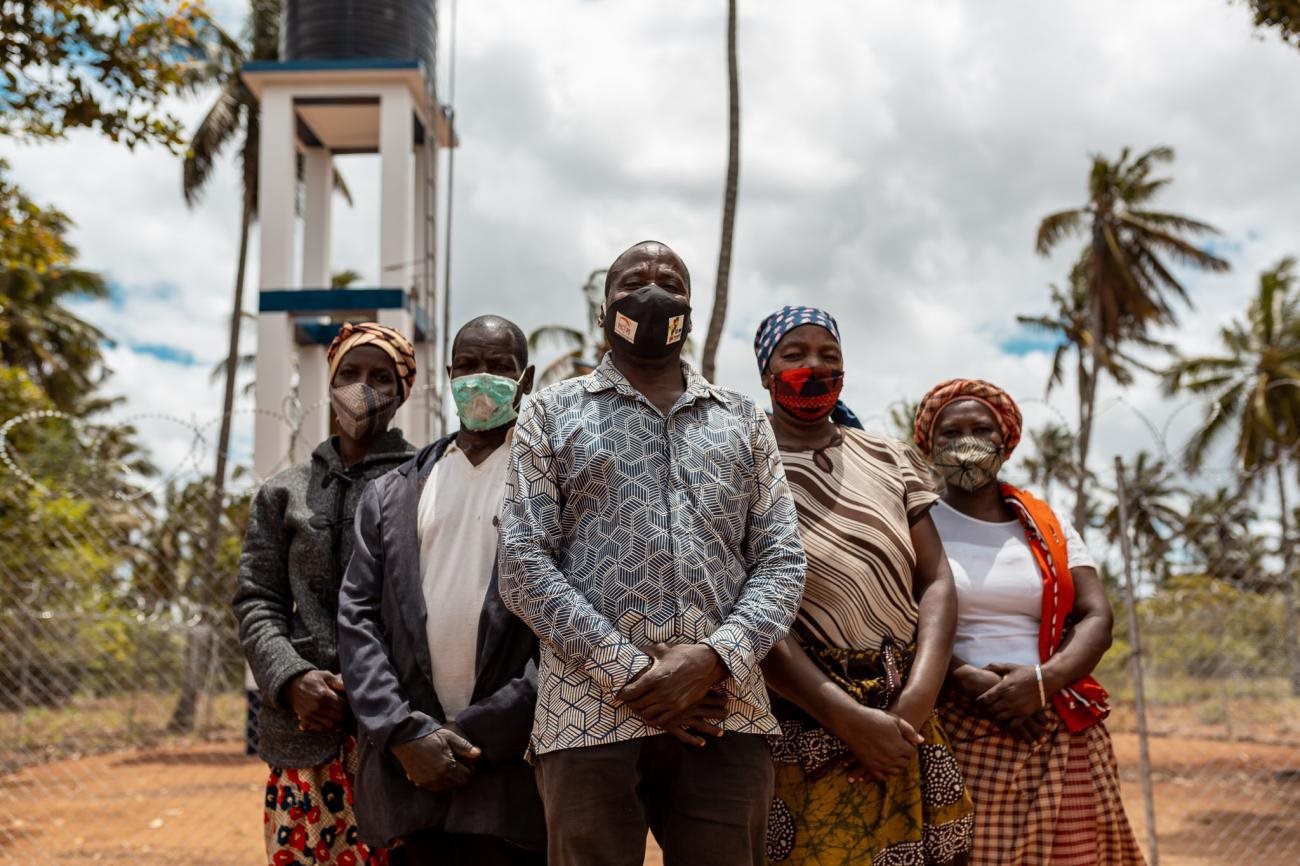
Members of the Consultative Council of Jangamo District, Inhambane Province, proudly pose in front of the recently inaugurated water supply system, one of the priority interventions selected in a participatory manner between the community and local authorities by the council under the LoCAL Facility due to the scarcity of water in the region.
Credit: UNCDF/Mbuto Machili
VILANCULOS, Mozambique – Through the partnership between the Government of the Kingdom of Belgium, represented by its Diplomatic Mission in Maputo, and the Government of Mozambique, the new phase of the LoCAL Facility - Local Climate Adaptive Facility - launched today in Vilanculos.
The objective of the action is to fund Local Adaptation Plans and reduce community vulnerability to climate change through locally led sustainable development in the coastal districts of Limpopo in Gaza Province and Morrumbene in Inhambane Province and for the first time also a municipality, Vilanculos.
Through technical support from the United Nations Capital Development Fund (UNCDF), the LoCAL Facility is designed to provide solutions by delivering access to climate finance for local governments in eight districts in Gaza Province and five districts in Inhambane Province since 2014.
Belgium has supported LoCAL from its inception until 2020, with the Government of Sweden supporting the expansion of the initiative in the two provinces in 2018.
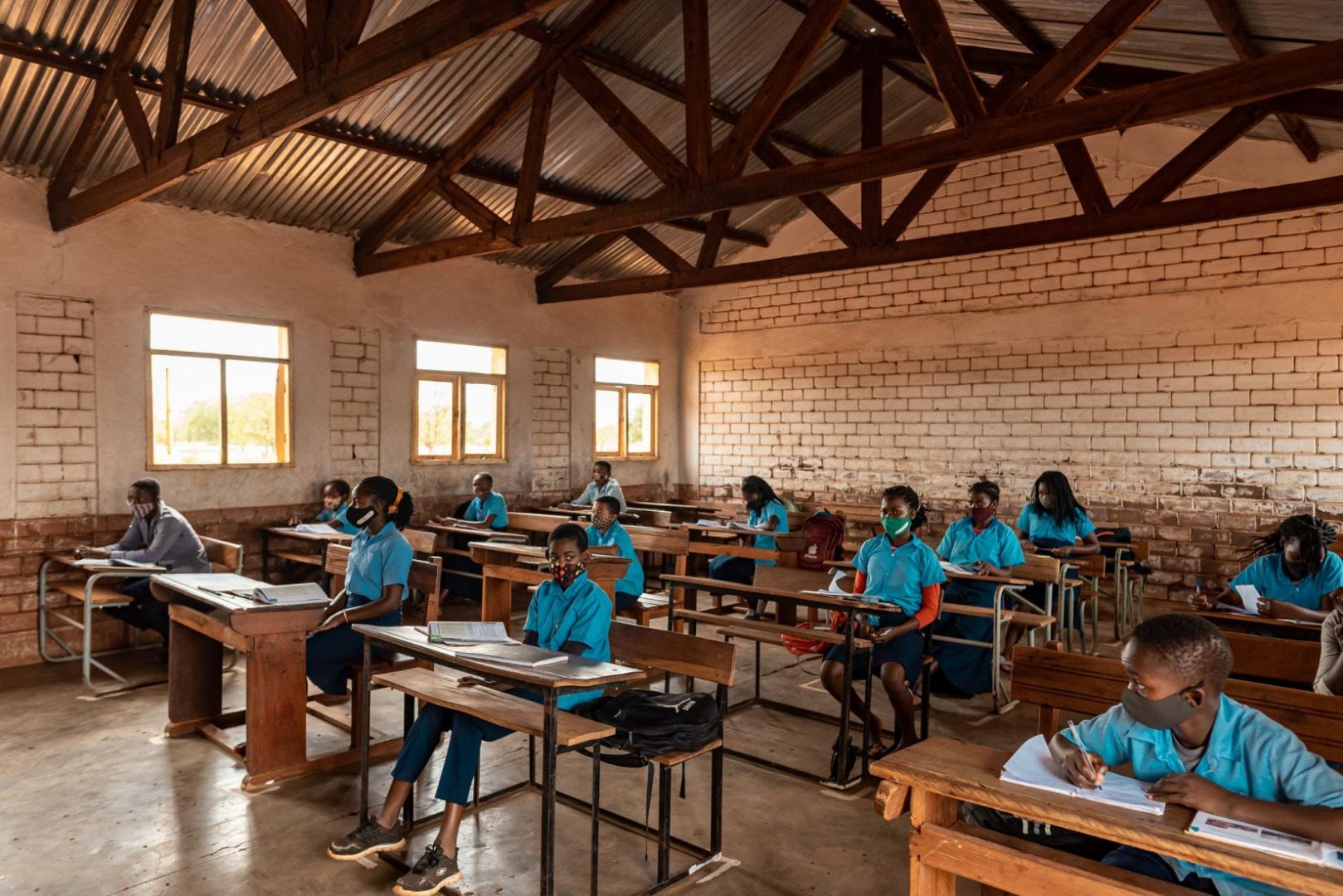
Munhamane Primary School in Massingir District was rehabilitated in a climate resilient way through the LoCAL Facility after a strong tropical storm passed through the district in 2020. The project was identified, prioritized and selected by the community itself through participation in the local consultative council.
Credit: UNCDF/Mbuto Machili
LoCAL's development methodology channels funds directly to the local level, while providing incentives for local governments to incorporate climate adaptation thinking in to day-to-day planning and investments.
“This first piloting of LoCAL in Mozambique bore important fruits […]. Innovative methodologies that include performance-based evaluation processes associated with the annual allocation of resources, commitment and responsibility in the execution of local adaptation plans, elaborated within the scope of local efforts to face climate change,” said Claudine Aelvoet, Belgian Head of Cooperation. “Today, we are witnessing a new programmatic, strategic and methodological impetus to support coastal districts in the context of the emergency associated with the climatic shocks of recent years."
With a coastline of more than 2,700 km, Mozambique is the third most vulnerable country in Africa to disaster risks, according to the UN Global Disaster Risk Reduction Assessment Report. The vulnerability of the country's coastal region to tropical cyclones, droughts, floods and salinization of drinking water and agricultural land has grown more regularly and severely over the years.
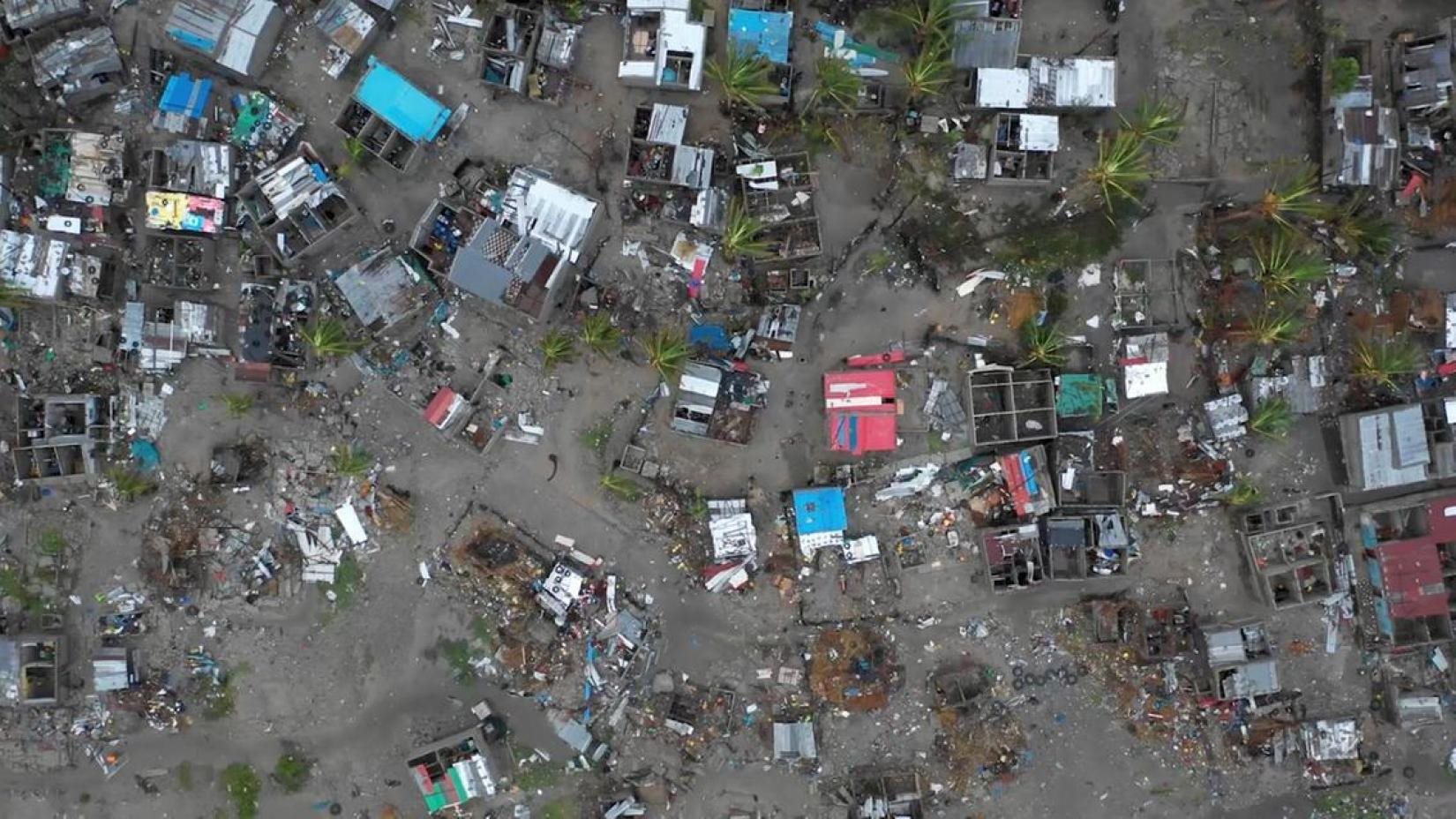 An overview shot shows the destruction in Beira after Cyclone Idai in this still image taken from a social media video on March 19, 2019. Cyclone Idai hit about 2.5 million people, about 10% of the country's population.
An overview shot shows the destruction in Beira after Cyclone Idai in this still image taken from a social media video on March 19, 2019. Cyclone Idai hit about 2.5 million people, about 10% of the country's population.
Credit: social media INGD
The recurrence of these climate shocks in shorter cycles, and now also COVID-19, challenges efforts to reduce accumulated vulnerabilities, thus fighting extreme poverty and causing Mozambique to lose some of the hard-won development gains.
Since early 2022, Mozambique has been hit by Tropical Storm Ana, Tropical Depression Dumako and Cyclone Gombe. Together, they affected around 1 million people in the north and center of the country.
“Climate changes directly affect development processes and are the greatest risk to achieving the goals assumed by governments, especially for less developed countries,” said Daniel Chapo, Governor of Inhambane Province. "With the inclusion of five new districts in LoCAL, two of them with Belgian support, the Province of Inhambane will have 10 Districts that implement this initiative, benefiting around 73% of the population of our Terra de Boa Gente, always with the presence and support of the Belgian Cooperation in this field of climate change.”
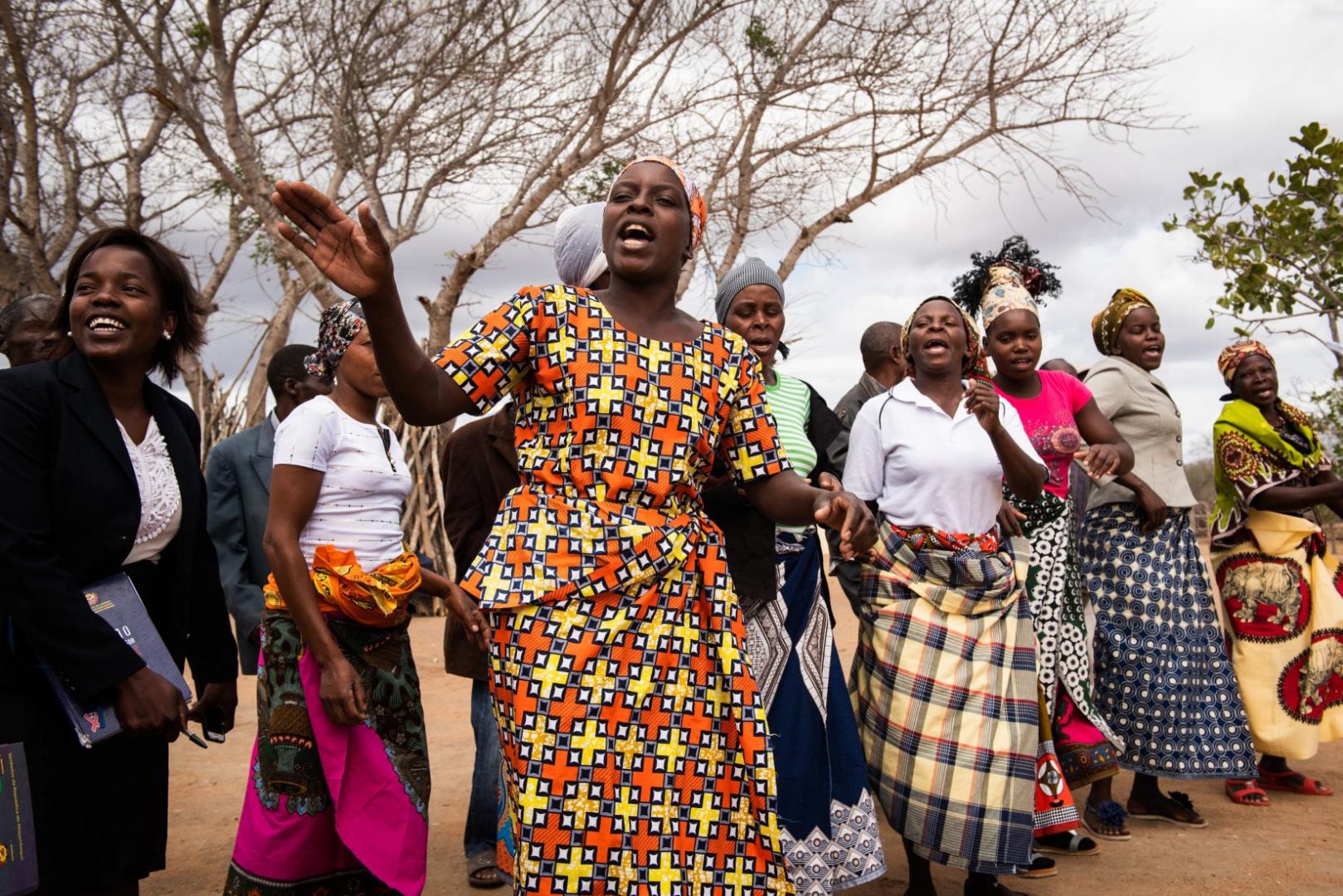
Members of the Consultative Council of Guijá District, Gaza Province, celebrate the selection of a proposal made for the construction of a health clinic and Casa Mãe Espera, a place where postpartum women and those about to give birth stay to receive continuous assistance. The Guijá District is one of the 11 districts of Gaza Province that participate in the LoCAL Facility.
Credit: UN Mozambique/PHM
By including community experience and knowledge via participation in regular sessions of local consultative councils, local governments hear voices and needs in relation to climate change resilient investments and Local Adaptation Plans.
“Citizens are thus involved in the identification, prioritization and selection of local climate change adaptation investments, ensuring that investments materialize in infrastructure, goods and services specifically adapted to the needs of the community as well as their use and maintenance”, said Ramon Cervera, UNCDF Representative in Mozambique.
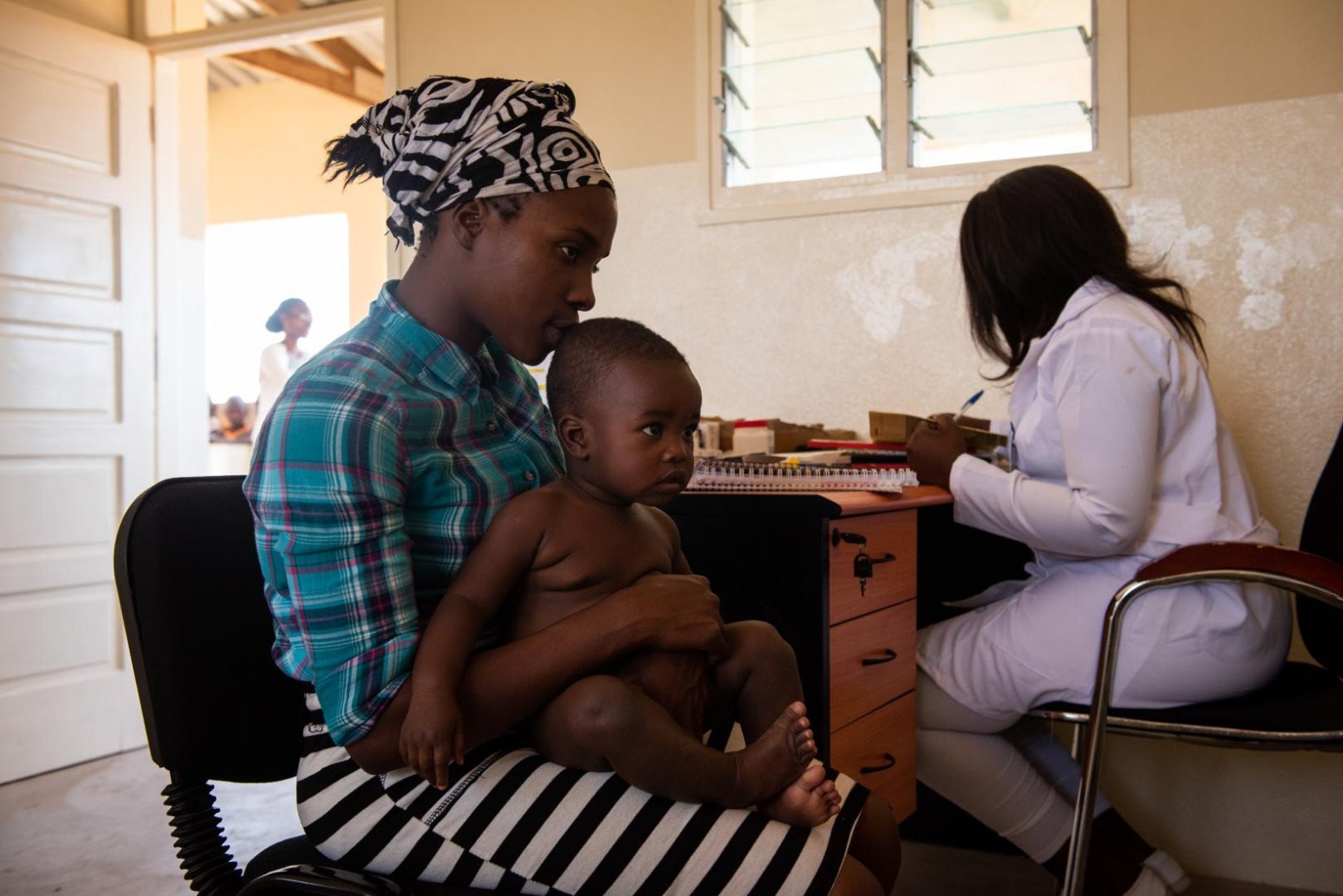
“The project that built the new clinic is important for the Cunguma community. Before that, the community had no help. Pregnant women had to give birth at home without adequate assistance or walk up to 50km to reach the nearest clinic. This community is surrounded by two rivers, which during the rainy season overflow and isolates the community. When you are sick, you cannot wait for the boat”, expressed Laila Agostinho Huô, member of the community council of Cunguma, Chicualacuala District, Gaza Province.
Credit: UNCDF/Philip Hatcher-Moore
The fieldwork of the LoCAL Facility is conducted by local authorities with supervision and direct support from the Ministry of Economy and Finance in coordination with the Ministry of Land and Environment through its decentralized governance structures and technically supported by UNCDF.
“I can assure you of the high interest of the Government of Mozambique in learning and growing with initiatives of this nature, doing the proper monitoring, facilitating processes within the competence of the central level so that the programme meets the expectations and objectives announced,” affirmed Domingos Lambo, Permanent Secretary of the Ministry of Economy and Finance.
UNCDF in Mozambique works for a more resilient planet and society that leaves no one behind. Actions are being taken across the country to ensure a resilient future for all. In 2022, 30 of Mozambique's 154 districts will be covered by the LoCAL methodology with the participation of other cooperation partners alongside Belgium in nine of the country's 11 provinces.
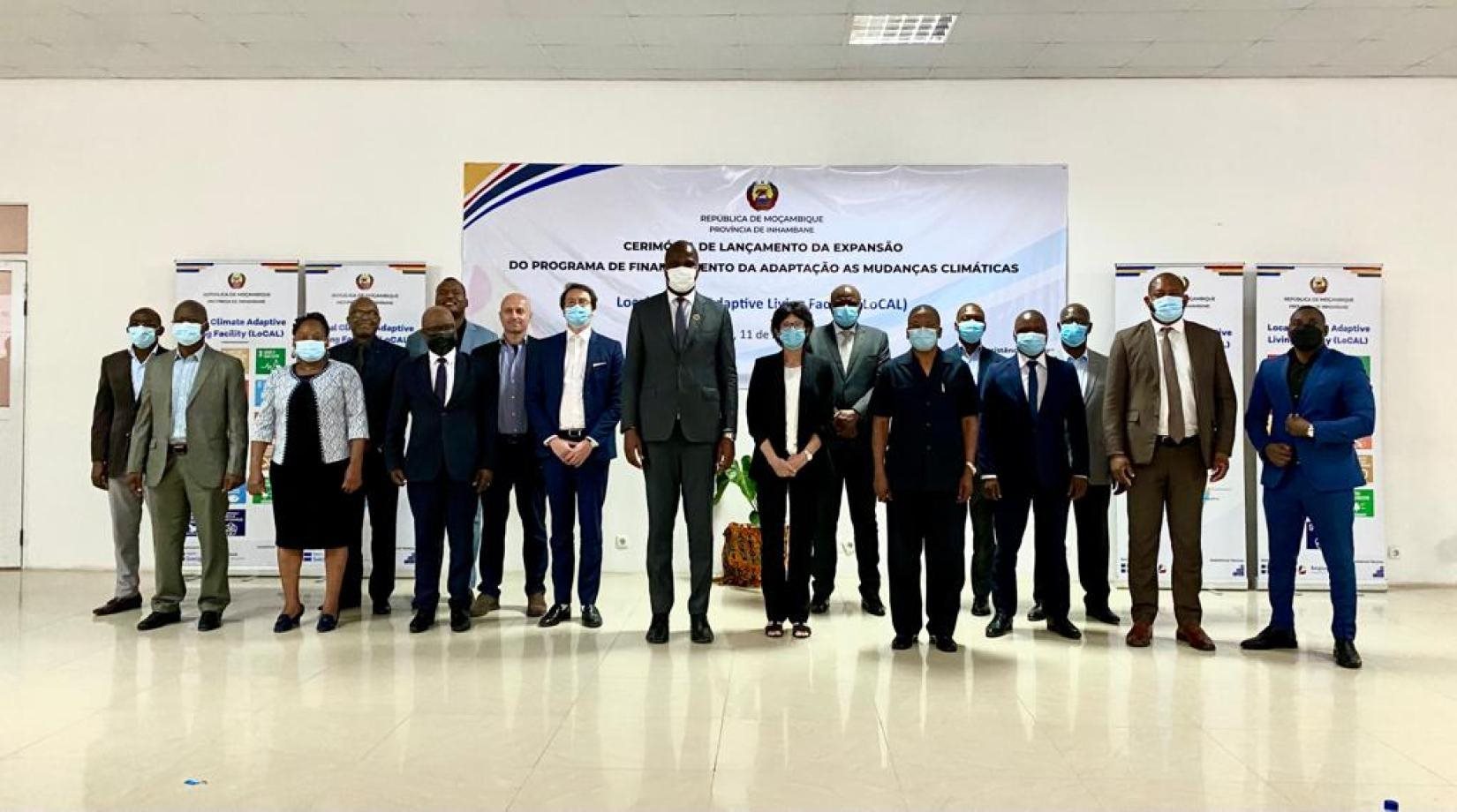
Article by Helvisney Cardoso,
UN Moz Communications, Reporting and Outreach Specialist
The original Press Release is available in Portuguese here
For full details about the LoCAL Facility, download the latest LoCAL Annual Report here
Join the LoCAL Network
Visit our site sections
Get LoCAL news in your mailbox
Thanks to our partners:
